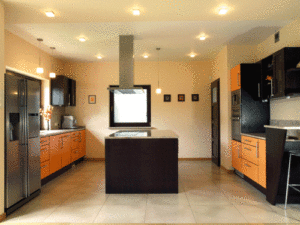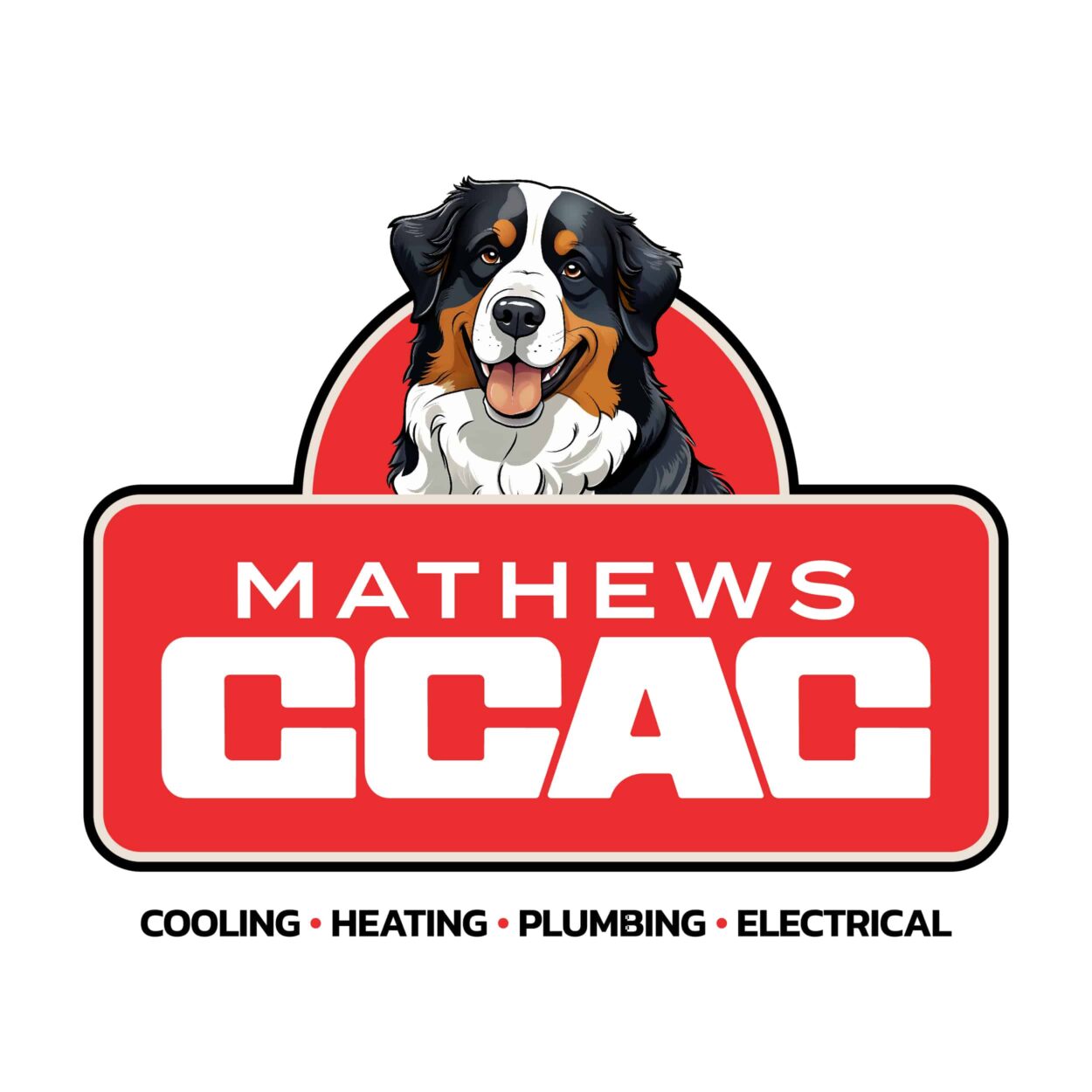 Many homes that have recessed lights have energy bills that are higher than they need to be. When these lights protrude into the attic, they often provide a pathway for cooled air to escape into the attic, and act as a conduit for the heat to creep back into the home.
Many homes that have recessed lights have energy bills that are higher than they need to be. When these lights protrude into the attic, they often provide a pathway for cooled air to escape into the attic, and act as a conduit for the heat to creep back into the home.
How They Undermine Energy Efficiency
These lights, also referred to as can lights, use metal cylinders that go into the attic, which can reach over 140 degrees Fahrenheit on a summer day. Often the joints between the lights and the cylinders aren’t sealed, and cool indoor air flows upwards. The draft continually pulls cooler air upward, and energy losses mount. Additionally, using non-LED light bulbs will speed up the airflow from the home to the attic because of the excess heat the bulb generates.
This type of light can also serve as a thermal bridge. Metal is an excellent conductor of heat and as the attic warms, the heat travels through the light’s housing into your room. Multiply this heat transfer by the number of lights in your home to get an idea of how much extra heat they pull into your home.
Solutions
Start by replacing all the bulbs with LEDs, which emit the least amount heat, even compared to CFLs.
Check around the rims of the lamps for obvious leaks. If they’re not caulked or tightly sealed, they’re leaking air year-round. Spread a bead of silicone caulk around them from the attic.
Replace the recessed lights if you don’t see the letters “IC” or “ASTM E283” stamped on them. They’re the only fixtures that won’t leak air and can be insulated. Once installed, loose fiberglass or cellulose insulation placed around them will stop much of the thermal bridging. You may want to hire an electrician to replace the fixtures since it involves rewiring the lamps.
Convenient and effective as they are for lighting your rooms, recessed lights will increase cooling bills until they’re safely sealed and insulated. To learn more, contact CCAC. We provide trusted HVAC services for Coastal Bend homeowners.
Our goal is to help educate our customers in Corpus Christi, Texas about energy and home comfort issues (specific to HVAC systems). For more information about HVAC topics, download our free Home Comfort Guide or call us at 361-678-2495.












